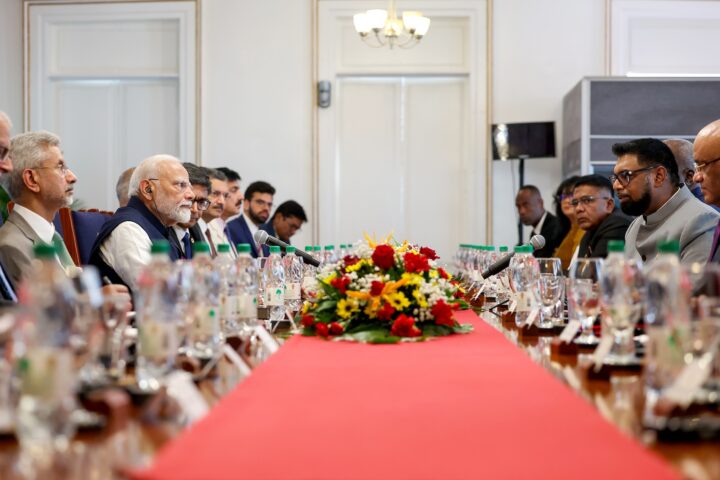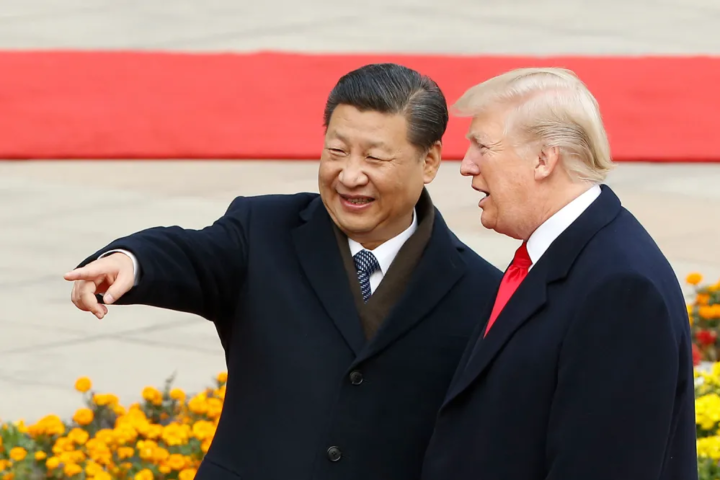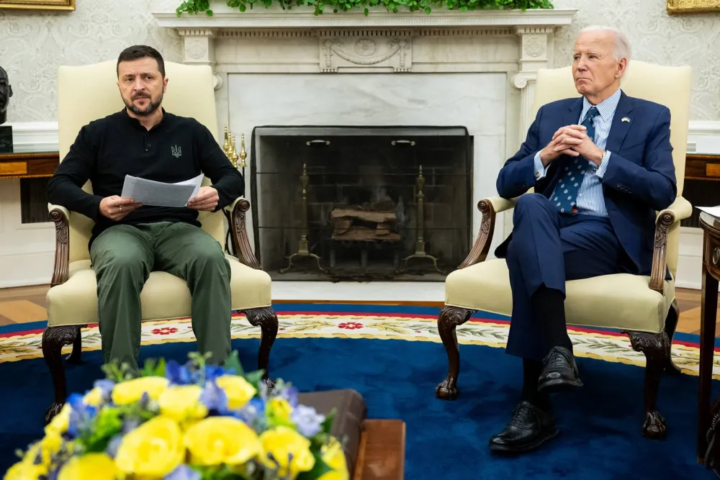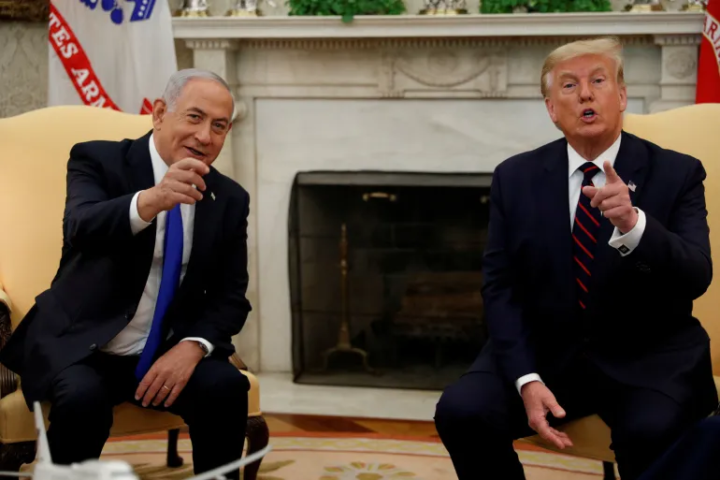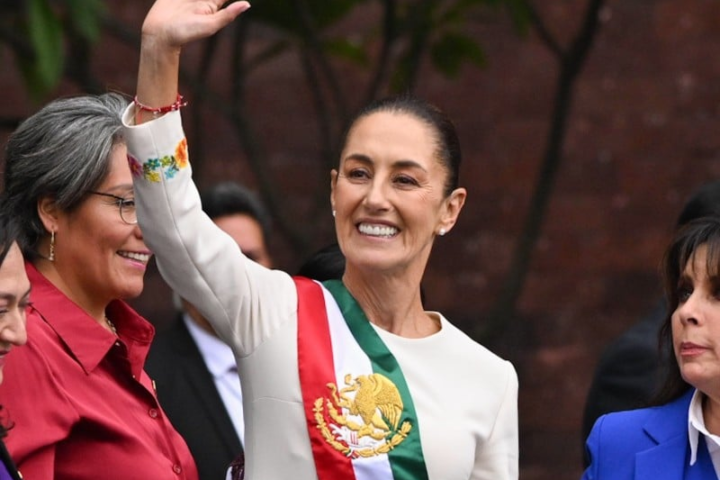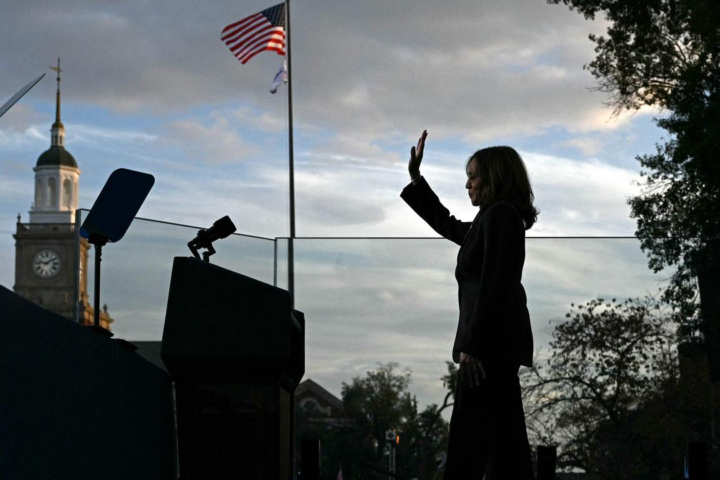The reactivation of the Katchatheevu issue following allegations, that the island was “callously” given away by the Congress government of Indira Gandhi, to Sri Lanka in 1974 has brought into sharp focus the history of this dispute between India and Sri Lanka. That dispute is embedded in the ecosystem of the Palk Straits and involves ethnic Tamils living on both sides of the international maritime boundary line (IMBL).
That the island now lies on the Sri Lankan side of the IMBL arouses spirited opposition within the political spectrum in Tamil Nadu. The late Chief Minister and AIADMK leader, J. Jayalalitha, in a fiery speech made while unfurling the national flag from the ramparts of Fort St. George in Chennai on August 15, 1991, urged the people of Tamil Nadu to retrieve Katchatheevu. She said that the basic cause of the misery and suffering of fishermen in the Ramanathapuram district was the “gifting away” of the island in the 1974 Agreement between India and Sri Lanka, and that her government was, if necessary, even prepared to fight the Centre on this issue.
The response by the Ministry of External Affairs to an RTI request by the BJP leader K. Annamalai makes clear that in consultations between the then Indian Foreign Secretary Kewal Singh and the late DMK leader K. Karunanidhi (who was then Tamil Nadu Chief Minister) in 1974, the latter had acquiesced in India acceding to the Sri Lankan claims to Katchatheevu. The revelation thus questions the credibility of DMK demands for the ‘return’ of the island.
From the geopolitical viewpoint, what follows? Do election-related statements by leaders like the Prime Minister and the External Affairs Minister have an impact on bilateral relations with Sri Lanka? Domestic political questions do not exist in a vacuum and in this case carry foreign policy implications. Although there has been no mention that India will seek the ‘return’ of the island, given the emotion-ridden texture of the Sri Lankan outlook on India, turgid concerns have been expressed by Colombo-based influential news outlets. The Sri Lankan Foreign Minister Ali Sabry has however said that this is a problem “discussed and resolved 50 years ago and there is no necessity to have further discussions on this.”
International agreements are considered sacrosanct in international law, they must be kept (Pacta Sunt Servanda) in good faith, if international order is to be maintained. This is a fundamental, moral principle. The Agreement of 1974 and that of 1976 that followed it are binding upon both India and Sri Lanka. Any changes must be incorporated and effected only by mutual agreement of both signatories.
During the negotiations leading up to the 1974 Agreement, both India and Sri Lanka sought to establish title to this disputed island. The exercise did not result in the reaching of common ground. The possibility of Sri Lanka seeking international arbitration in the matter did exist, an option that India wanted to avoid. India’s view was that any differences with neighbouring countries should be resolved through bilateral discussions without outward interference.
India wished to remove irritants in relations with neighbours and provide the government of Sirima Bandaranaike with a solution that would burnish its image and blunt the arguments of Sri Lankan leftist elements who had made Katchatheevu an issue, as the scholar Urmila Phadnis noted, “symbolic of India’s hegemonistic designs towards its neighbours.”
Whether there was lasting appreciation for India’s gesture is debatable. A former Indian High Commissioner to Sri Lanka, Thomas Abraham, once noted, “The relationship from the Sri Lankan side is conditioned by a whole series of historical fears that are extremely complex. I do not think it was even appreciated in Colombo that Delhi deviated from the median line in order to see that Katchatheevu fell outside the Indian side. I do not think Sri Lanka viewed this as an act of generosity. They are very firm that Katchatheevu was their territory.”
There have been suggestions that Tamil Nadu should persuade the Ministry of External Affairs to come to an agreement with Sri Lanka for the island to be ‘leased in perpetuity’ to India for which, obviously, concessions would have to be made, in return. This is by no means an easy process and may not result in a mutually satisfactory conclusion. The fact that Sri Lanka now exercises sovereignty over Katchatheevu is a fait accompli. With the benefit of hindsight, Tamil Nadu should have voiced its concerns and stated its firm opposition to the approach of the Central Government before the deal was done. History could have been written differently.
India and Sri Lanka share a “civilizational mutuality.” They are united by their history, and ties of religion, language, and ethnicity. Perhaps the best symbol of this capacity for inclusiveness and tolerance is the Church of St. Antony, patron saint of fishermen in the area, that exists on the island of Katchatheevu. India and Sri Lanka must be exemplars of that civilizational mutuality on Katchatheevu, making it a vibrant shelter for fishermen from both countries, a haven on choppy seas.

